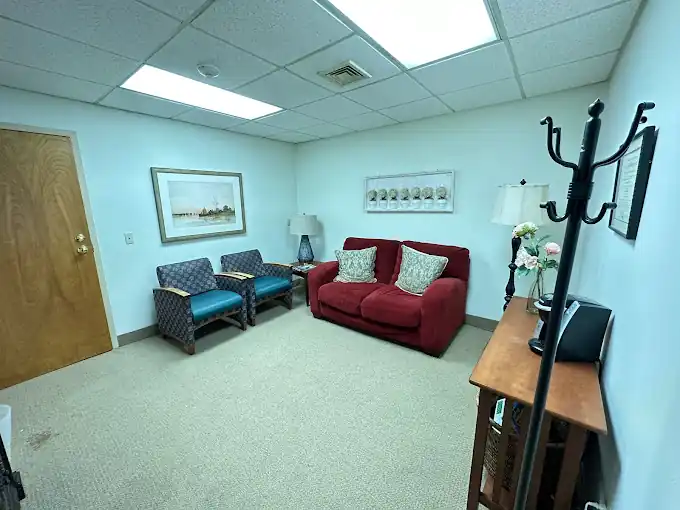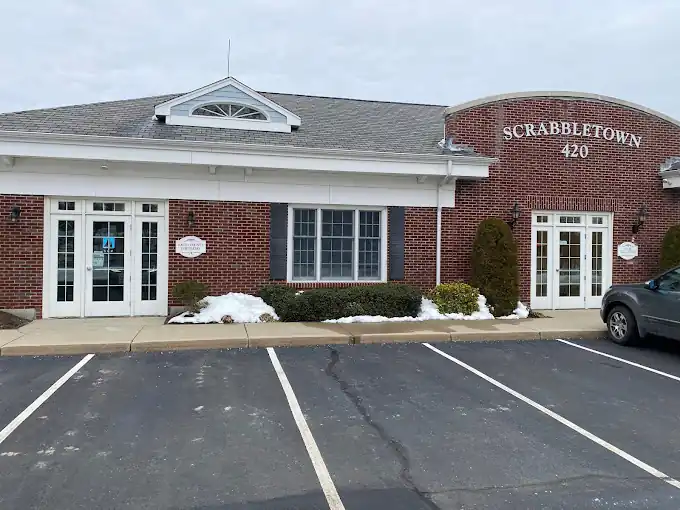PTSD from ICU or Emergency Medical Events
“You survived the hospital. But your mind hasn’t left.”
Being in the ICU, on a ventilator, or in a life-threatening medical emergency is terrifying. Even when the body recovers, the nervous system often doesn’t. People who survive critical care may experience vivid flashbacks, nightmares, panic attacks, or even memory loss. And they’re often told they should be “grateful” they’re alive.
At TruPaths, we know that survival is only the beginning. If you or someone you love is living in the shadow of a medical crisis, we’re here to help you feel safe again physically and emotionally.








